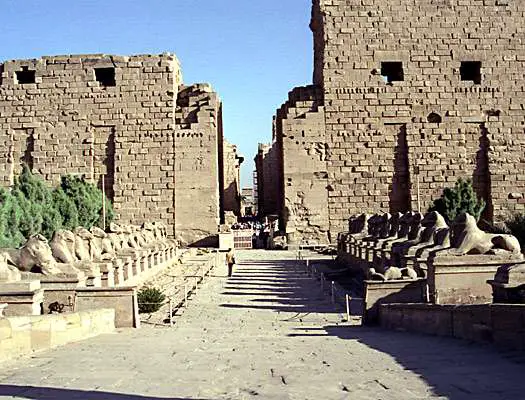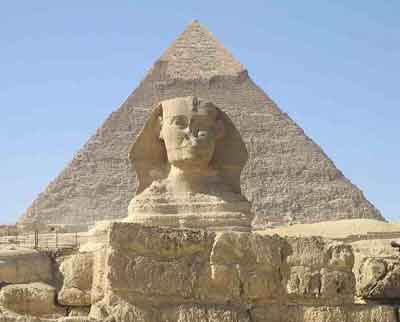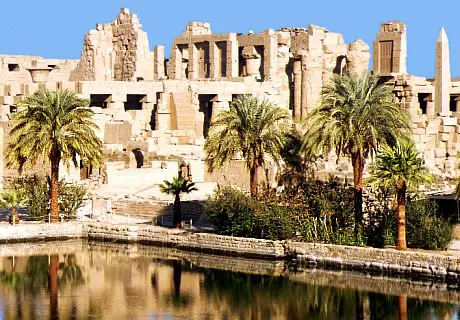The Ancient Egyptians made many different kinds of Egyptian Achievements and Contributions in all kinds of subjects. They had their own written language, and they had a number system. Out of all of their Egyptian Achievements and Contributions, the most important to us would probably be the obelisks. They help us understand the daily life of the ancient Egyptians. Obelisks are monuments that Pharaohs made for themselves so that after they died, then they would be remembered. The obelisks were extremely tall, at least 70 feet high.

They weren’t just made for pharoahs though, other people had them too they just weren’t as elaborate or well-decorated as the pharoahs’. On the obelisks were stories about what the person/pharoah had done, like the important battles that a pharoah helped win. Those types of important achievements and inventions like the obelisks have really helped us go far in learning about the ancient achievements.

Ancient Egyptians have contributed to the development of modern mathematics. In 400 BC decimal notation of numbers used universally today Trigonometric functions of sine and cosine. In 528 AD Aryabhataya calculated the value of Pi at 3.1416. In 628 AD Brahmagupta discovered one of the most important concepts in of mathematics, the numerical zero and negative numbers. In 1350 AD the floating point system in Kerala School of mathematics.

Egypt has provided humanity with a rich treasure of various types of architecture. It is among the most creative of the world’s countries in this art, both in quality and quantity. The pyramids are still one of the world’s best architectural achievements, even though they were built many centuries ago. These structures can be as tall as 482 feet (147 m) high.
The Egyptians were advanced medical practitioners for their time, they are credited with being the first to use and record advanced medical practices, they based their knowledge from careful and astute observations, as well as trial and error. This led to the advancement of medical science worldwide. World’s earliest known surgery was developed by Egyptians. Earliest diagnostic medicine was evidenced in Egypt.
The Egyptians were very interested in the stars and constellations and they gave much care for that exciting science. From the Middle Kingdom, constellations were often depicted on coffins as star clocks, showing the length of time stars were visible or invisible.
The Egyptian Astronomers suggested adding one day every four years to the calendar. The precise alignment of temples and pyramids was undoubtedly a result of astronomical observation. Also, ancient Egyptians were first to develop Paper, Beer, Wine and Granite tools and Boating.
